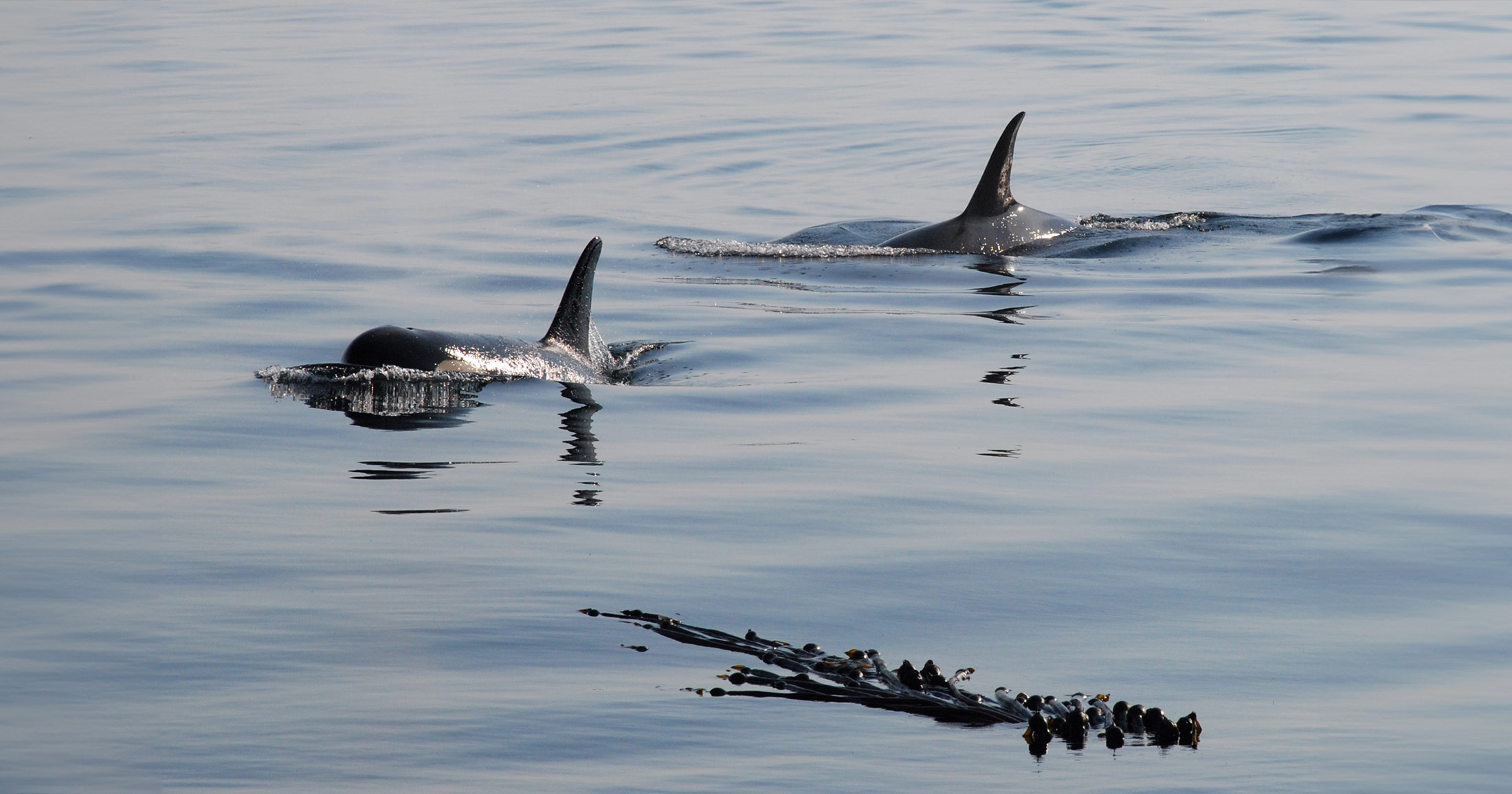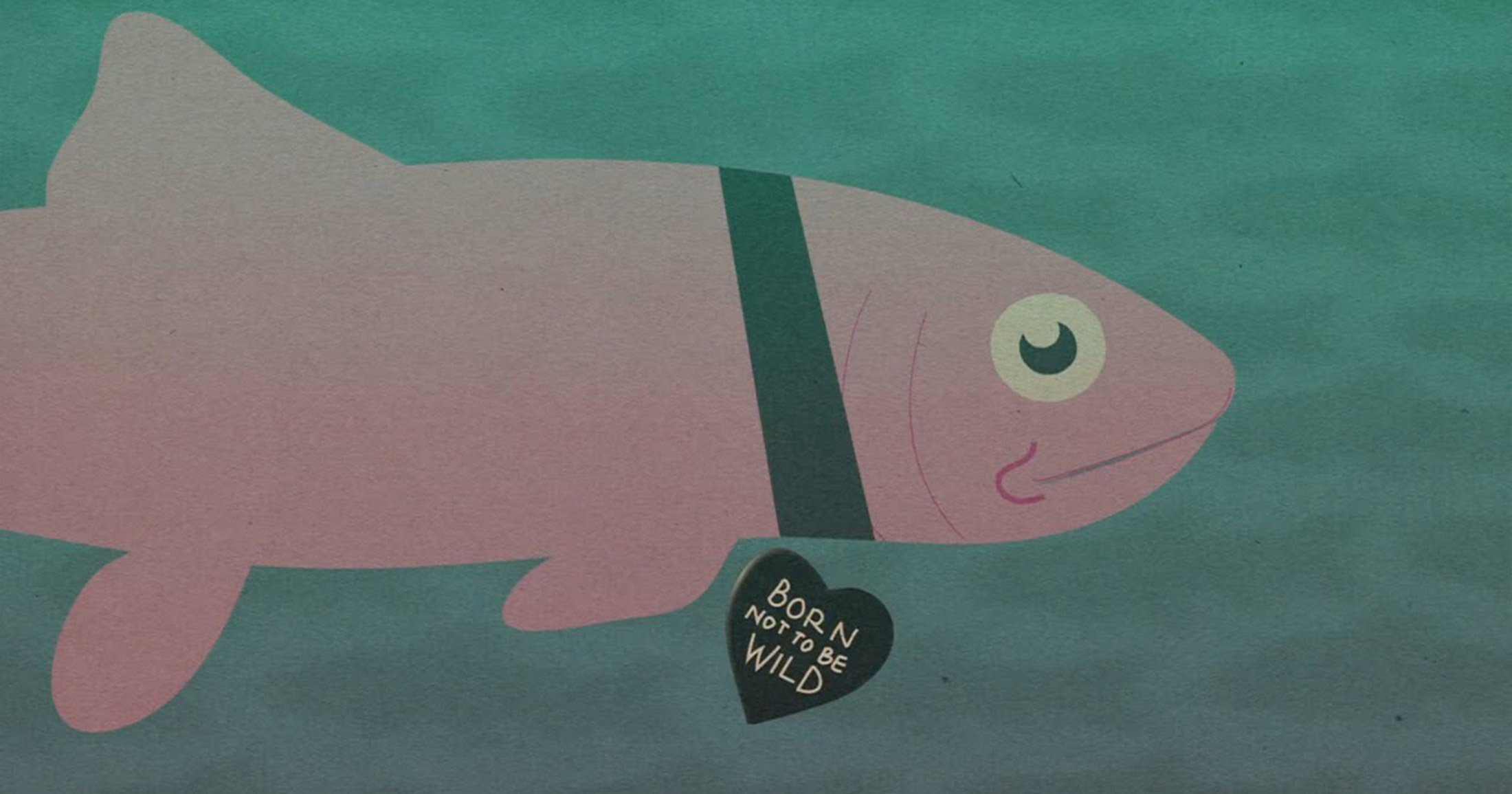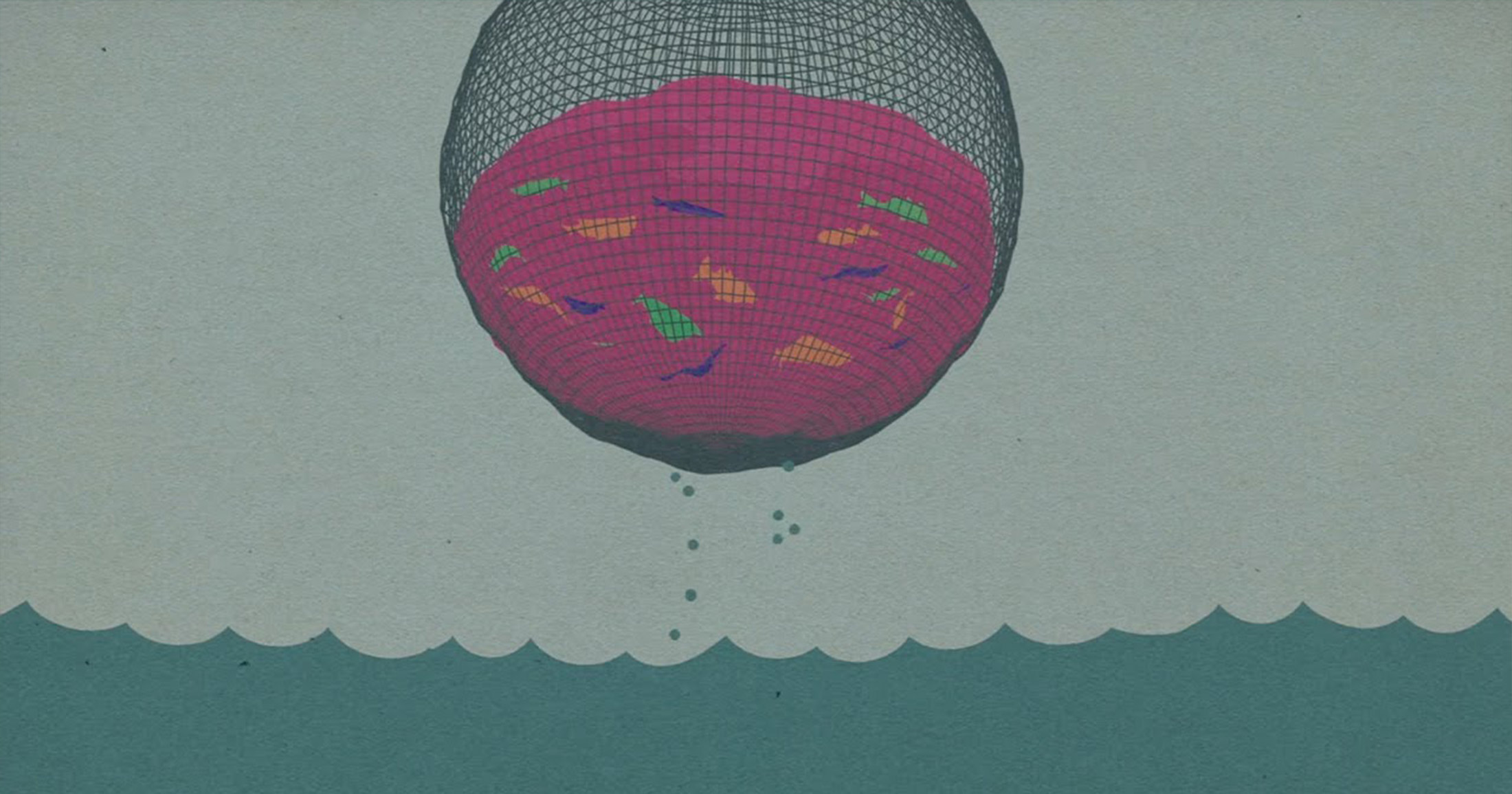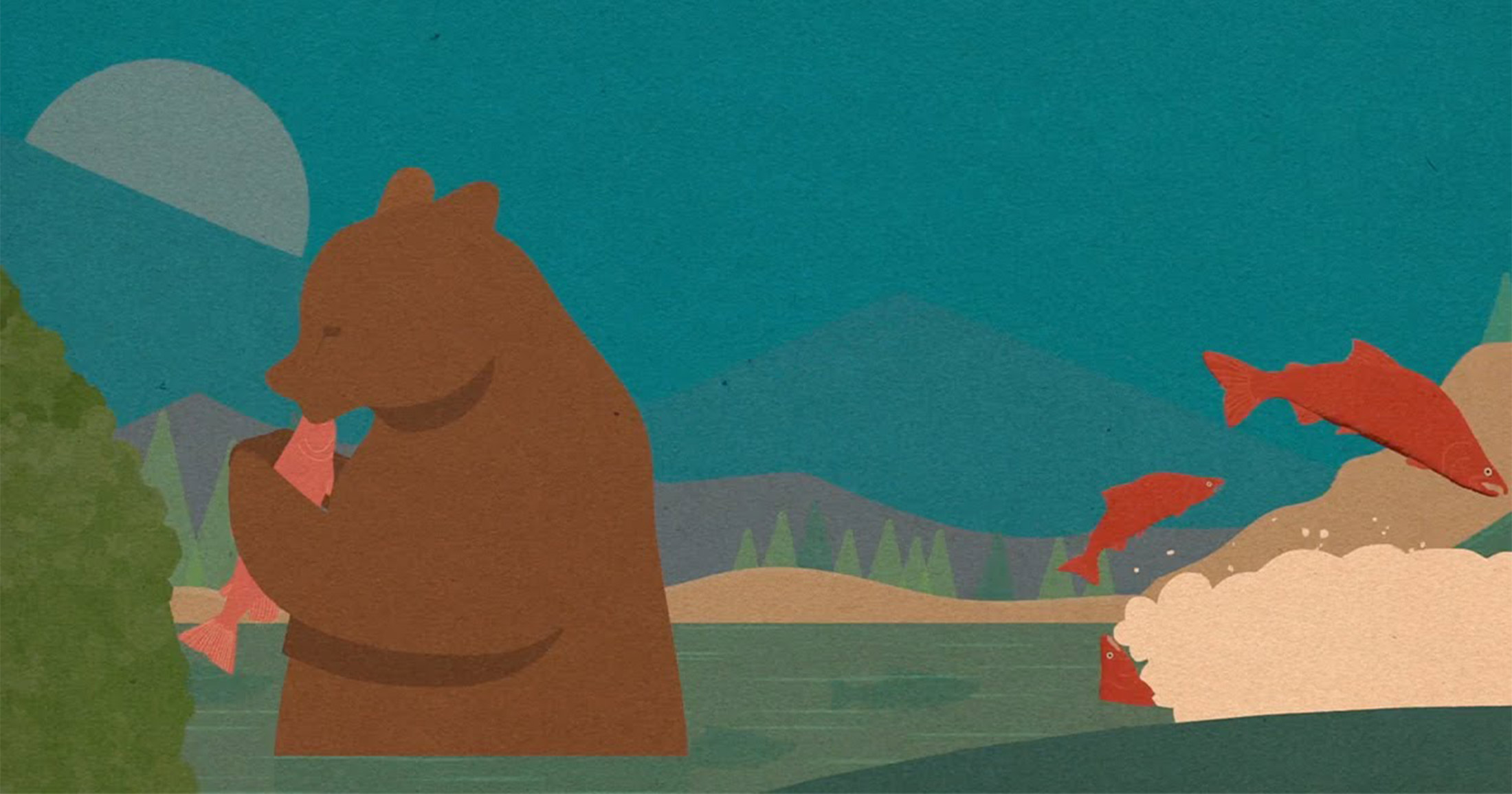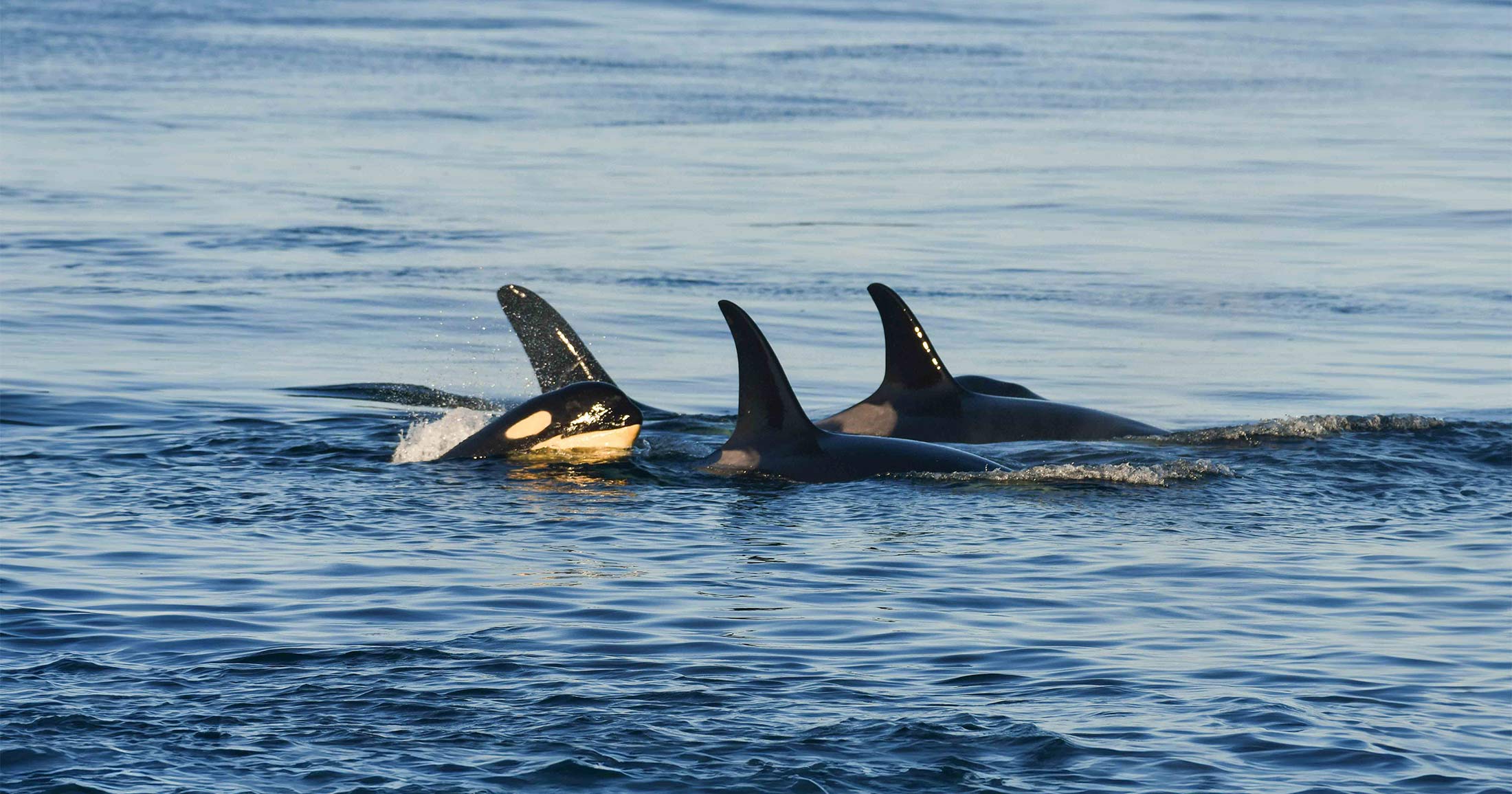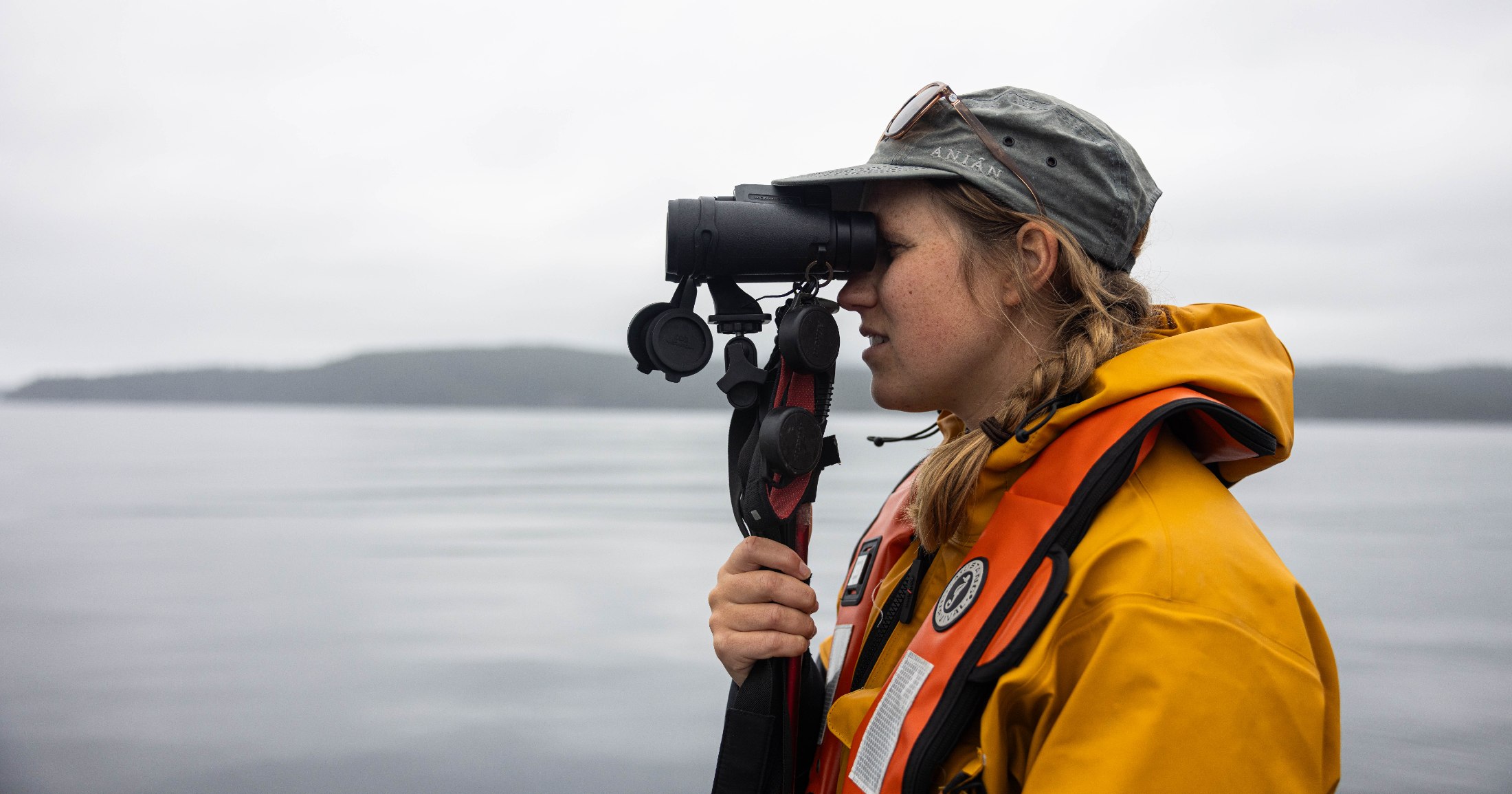Animal-welfare needs to go wild say Raincoast scientists
A new study published in the Journal of Animal Welfare by Raincoast scientists Paul Paquet and Chris Darimont, argues that degrading or destroying habitats and other impacts of human activities on wildlife causes them to suffer. As such, animal welfare considerations granted to domestic animals need to be expanded to include wild animals.
Photo: grizzly bear captured on one of Raincoast’s remote cameras in the Great Bear Rainforest
Download: Paquet and Darimont 2010 Wildlife Conservation & Animal Welfare (PDF)
Abstract
Human activities deprive wild animals of their life requisites by destroying or impoverishing their surroundings, causing suffering of individuals. Yet, the notion that animal welfare applies to wildlife has escaped many animal welfarists and conservationists. A well-accepted and applied ethical foundation for animal conservation that considers animal welfare is lacking. We address this by examining how worldviews of conservationists and animal welfarists are related. The clear conceptual link is that individuals within anthropogenically-disturbed populations often endure suffering caused by humans. Accordingly, our objectives are to provide an overview of wildlife conservation, integrate ethical aspects of wildlife conservation and animal welfare, and encourage a ‘wildlife welfare’ ethic among conservationists. We describe the relationship between contemporary socioeconomic and environmental conditions and the impoverished status of North American wildlife. We then describe the ecological plight of large mammalian carnivores in North America. Finally, as a case study, we focus on the tenuous lives of grey wolves (Canis lupus) living in the midst of human-dominated landscapes. We conclude that the suffering wildlife endures because of humans is a collective responsibility that presents a moral imperative for animal welfarists and conservationists alike. Habitat destruction and impoverishment deprives species of life requisites, causing trauma, prolonged suffering, and eventually death. We suggest that a shared doctrine of animal welfare principles is needed, such as a modified version of the internationally-recognised Five Freedoms. In essence, this would be an ethical affirmation for conservationists and animal welfarists.
View the story from the Victoria Times Colonist
View the story from the Edmonton Journal
Support our mobile lab, Tracker!
Our new mobile lab will enable the Healthy Waters Program to deliver capacity, learning, and training to watershed-based communities. We need your support to convert the vehicle and equip it with lab instrumentation. This will allow us to deliver insight into pollutants of concern in local watersheds, and contribute to solution-oriented practices that protect and restore fish habitat.



